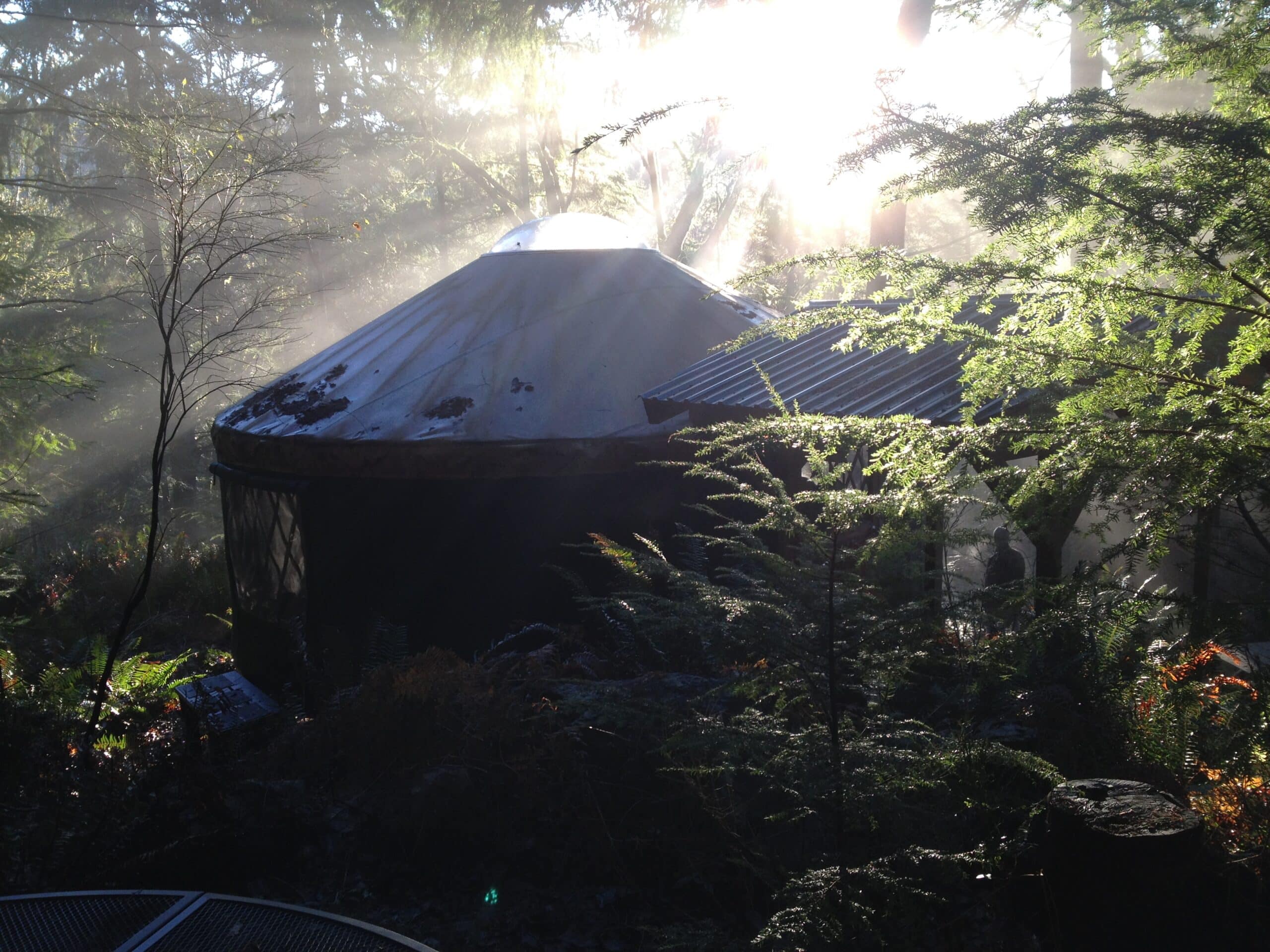Why men need ceremony


I’m 56 years old, and while I haven’t always had an orientation toward ceremony, I’ve been searching for something most of my life that I’ve learned can be found in ceremony. I remember meeting Christina Baldwin of The Circle Way for the first time in the late 1990s. We sat down to talk and she placed a tealight candle between us. That was ceremony for her because it created a pause and evoked an intention. Since then, I’ve been learning to be more deliberate with how I show up with others, almost to the point where I can’t not be ceremonial.
When I was 14, my dad committed suicide. His death created a wound in me that I subconsciously tried to hide. It would take me years to realize just how burried those emotions were. Since then, I’ve been exploring men’s psychology and spirituality, and trying to better understand how we men think and feel, especially when it comes to the stuff we hide. I’ve also been exploring how that connects back to ceremony. We all have life experiences that we try to make sense of. Sometimes we make sense of things in a heart beat, other times it takes decades.
When I finished college, I left my home town of Edmonton and moved to the States. I was supposed to return, but I left and never moved back. The loss of leaving a place, a family system, and friendships also meant that I left a part of myself behind. In some ways, I’ve been leaving, or following, something my whole life. I joined and left a religious system, I left and lost jobs, relationships, and a marriage.Those were all experiences where ceremony became essential to my growth.
When my dad died, he was 34 years, 6 months, 27 days. When I reached that day in my life, the day when I now lived longer on this earth than he did, I knew I needed to recognize that day and so I followed my nose with a kind of ceremony. I took time off work and went up into the mountains. I found a tree to sit by and I talked to my dad. I rested and then feel asleep on the ground. I marked the day, and then I went back home to my wife, my daughter, my dog. I don’t remember if I shared it with anyone, but that experience was significant and it created a subtle change in my well-being.
Men are often raised to fear our emotions, fear feeling embarrassment, shame, or failure. When we’re afraid, we often default to this weird physical state: chest out, shoulders up, deep voice. I think it’s about protection, not wanting to remove our armour or address our shame. There’s also something about father-son roles that impacts the way we men connect, and I wanted to change that. When I was invited to a men’s retreat on Bowen Island, I never could have predicted how it would impact me.
At it’s core, that weekend is about being thoughtful with each other. Some of us are missing our fathers. Others have a giant chasm between them and the male figures in their lives. It became important for us to be in the company of other men in a real and vulnerable way, and not default to watching sports or drinking beer.
At it’s core, that weekend is about being thoughtful with each other. Some of us are missing our fathers. Others have a giant chasm between them and the male figures in their lives. It became important for us to be in the company of other men in a real and vulnerable way, and not default to watching sports or drinking beer.
I have three kids, including a 22 year old son. When I see him mask his fear, I’m reminded that we need to continue to demonstrate a healthier version of masculinity. We need to make space for our emotions to be felt and shared. If I could go back and tell my 14 year old self one thing it would be that it’s okay to feel. We need to normalize men expressing their emotions, and ceremony can play a role in that. Once you start looking for it, you’ll notice that ceremony is everywhere. Even a deliberate ‘being silent together’ can have a ceremonial feel. It really can be that simple.
